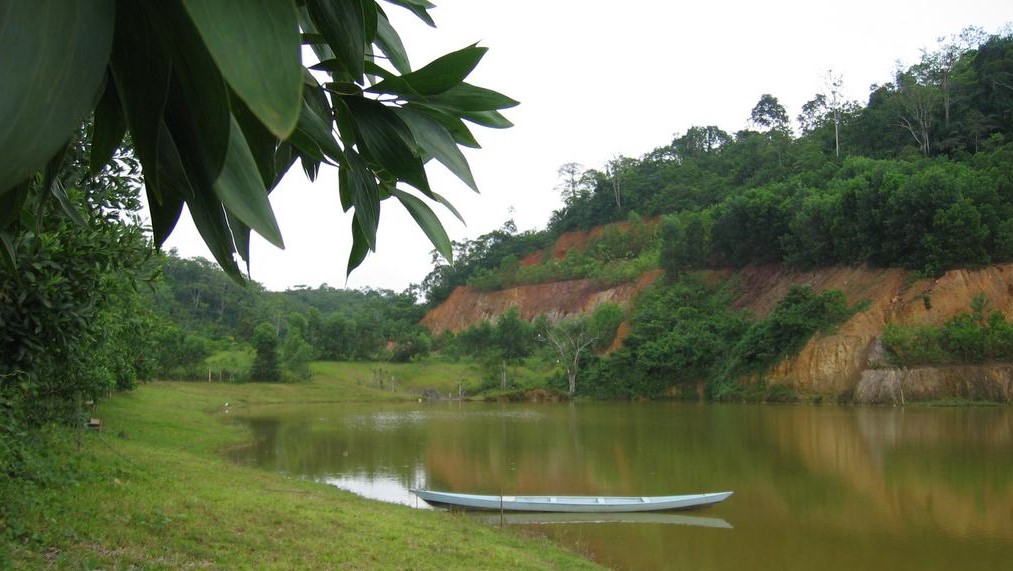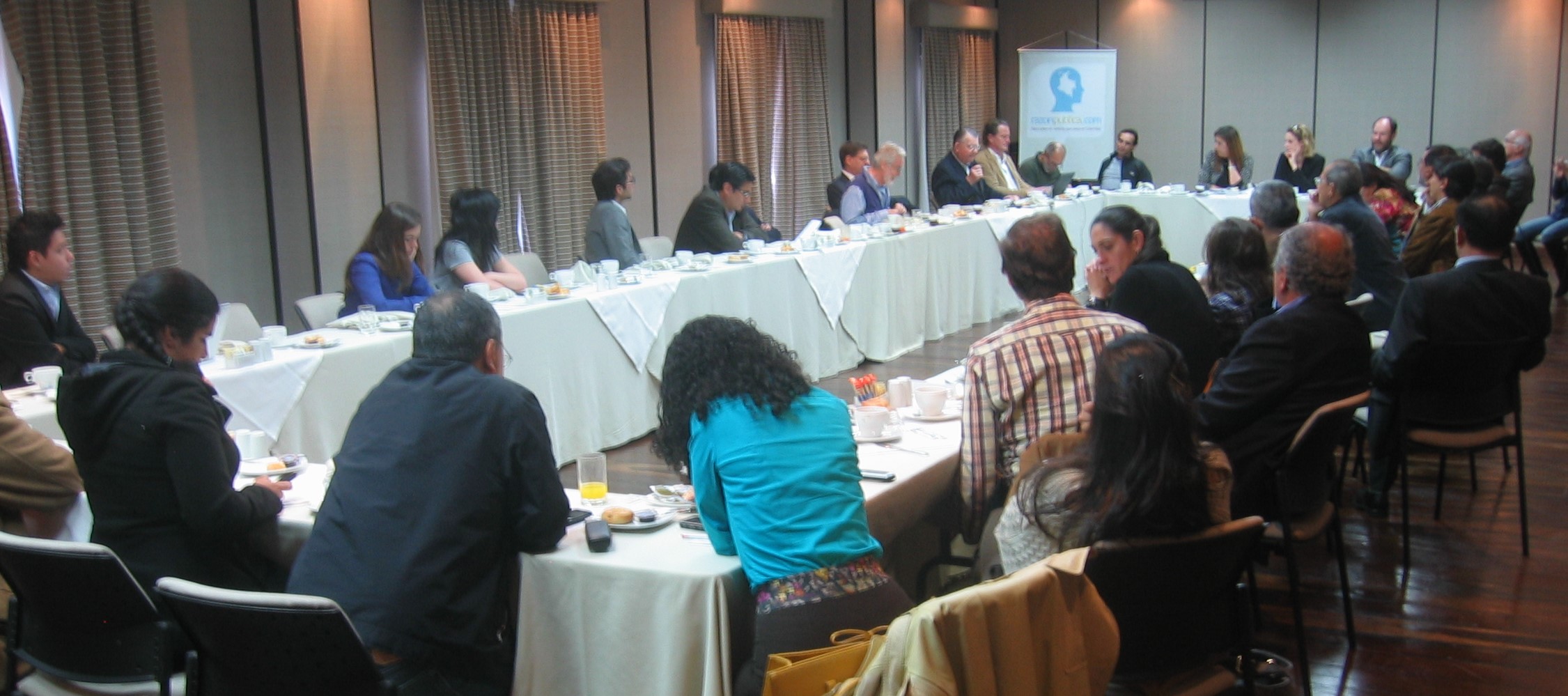The world needs metals and minerals to develop and countries need to benefit from the exploitation of their mineral deposits to fund development.

I’m sure we all agree that mining projects should not only have as little negative environmental and social impact as possible, but should actually strive to have a net positive effect, to improve the environment and the livelihoods of people.
And yes, I believe that there are places on this planet that should probably never be mined, due to their great ecological value, great natural beauty, or because mining would affect other important resources like water.
So how do we reconcile these principles, when we might not all agree on where and how they apply?
Well, we have the concept of Free Prior and Informed Consent (FPIC), allowing local communities to have a say in the design of a new mining project. Not just be told in advance, but to have an actual seat at the table, to be able to have an influence. This is probably not working optimally in all places. In fact, it is the source of great friction (and sometimes violence) in many countries.

However, should a local community have the power to veto a project altogether (or to make it uneconomic due to certain demands) if the country could benefit from it? To what extent do the desires of a smaller group of local people override the needs of the larger population of the country? And vice versa?
You would think that the answer lies in democracy, but does it? I see two major challenges:
One is that the needs and desires of a local community (or a province, etc.) cannot always be achieved at the national political level. This may lead to conflict between people from the affected area and the rest of the country (represented by the more powerful national government). It’s an added problem that national governments may starve the affected area of developmental investment, one of the arguments being that a mine that operates there can already care for a range of needs (schools, hospitals, roads, etc.) from their CSR work. Which in effect turns the mine management into a de facto non-elected local government.
Secondly, governments are elected for fixed terms and want to achieve what they can during that term (say 4 or 5 years). Whereas mining investment (starting with exploration and going through development, building, many years of operating and eventually closure) is a long game. Before investors risk a few hundred million dollars, or more than a billion dollars, they would like to see some stability over the coming years and decades, much longer than the term of any government.
So, is (our current understanding of) democracy the answer? Or does it lie in the good behaviour of large, long-lived mining corporations, who tend to out-live governments? Surely, we cannot just rely on the promised good behaviour by mining companies? (Some are really responsible, do a good job but their ranks include the good, the bad and the ugly.) We probably need to find a combination, but what should this look like?
What are your thoughts?


